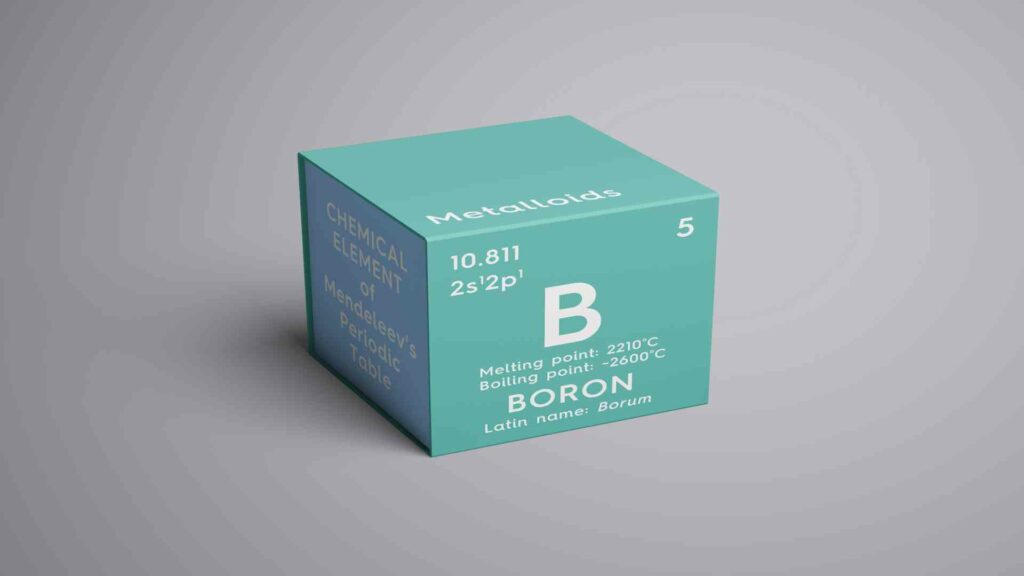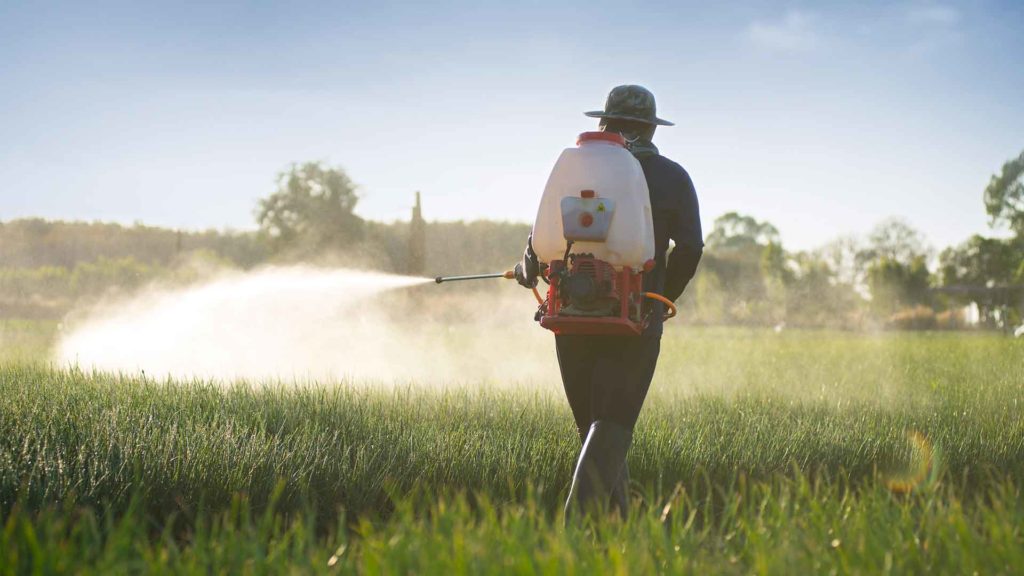Boron and Food Security
Food Utilization, or food metabolization, is one of three drivers of Food Security (the other two being Availability and Accessibility). Food Utilization is all about the ability of animals and humans to use and benefit from nutrients in their food either through absorption or intake via the proper natural consumption of food. Sub-drivers of Food Utilization include food safety, nutritional value, capacity to process food, sanitation, and adulteration of food at the processing stage. Boron plays a considerable role in Food Utilization, principally by improving the nutritional value of fertilizers for plant growth development. It also increases crop yield through increased nitrogen fixation rates in soils deficient in micronutrients.

Boron and Food Security
The Three Pillar Food Security model
The three significant pillars of food Security–
- Availability refers to sufficient food supplies for the population of the country.
- Accessibility refers to a person’s ability to buy food and has to be able to afford it.
- Utilization refers specifically to the biological use and proper dietary intake of food.
Food security refers to the availability of food for all, regardless of their dietary preferences or dietary needs, allowing people to live healthy and active lives. The United Nations Committee on World Food Security is an intergovernmental body that serves as a forum for the review and follow-up of food security policies. Food must be available and accessible.
Food Utilization
Food utilization, or food metabolization, is the third pillar that contributes to food security. Utilization is vital to determine how well we can use and benefit from the nutrients in our food either through absorption or intake via the proper natural consumption of food. It includes a diet that provides sufficient energy, essential nutrients, potable drinking water, and sanitation. But what does food consumption have to do with anything? Because food utilization determines how we get from our diet, it is vital to evaluate individual nutritional status.
A diet providing adequate nutrition and energy is crucial for proper biological usage of the consumed food. The term “utilization” is often used interchangeably with nutrition. However, while utilization focuses more on nutrition than food storage, processing, and health, it also includes nutrition-related sanitation. Achieving a reasonable utilization goal is a challenge for any population. It is not enough to supply food. It is equally essential that the people access resources and utilize them.
Factors Affecting Food Utilization
Food Safety
Food Safety is a determining factor in food utilization. A household’s ability to obtain ‘safe’ food has a direct impact on food consumption levels. Food security can only be achieved if the food consumed is safe to consume and meets an individual’s physiological needs. Several things determine food safety. These include preparation, processing, cooking in communal settings and household settings. The nutritional values you set for your family dictate what kind of foods you will eat. Cultural preferences in local communities can also impact the types of food considered appropriate for consumption.
Nutritional Value
In addition to ensuring that food is safe, nutritional value also plays a role in food utilization. Nutritional deficiencies are not always apparent in the short term, but over time can contribute to illnesses and disease. By having an explicit policy and awareness of the nutritional value of food, consumers can understand the impact of different foods on their overall health, and take responsibility for their own health. Food with high nutritional value actively aids the body’s functions.
Individual Capacity to Process Food
Every person’s ability and capacity to process food can vary depending on family history, allergies, or other medical conditions, such as celiac, diabetes, or other health condition. It is essential to ensure safe food, especially for special needs. An excellent way to ensure your health is to watch how you consume certain foods. Families are not one unit. They have their patterns of use and consumption. This can be due to different cultural preferences, buying power, and family size.
Sanitation
Food free from disease and contamination can be obtained by being clean. Also, sanitation includes keeping an eye on one’s internal sanitation. Intestinal parasites can cause a slowing down of the rate of utilization. Proper sanitation is a way to reduce the spread and incidence of foodborne illnesses and can increase the quality of food utilization.
Adulteration During Storage
Adulteration involves the addition of or removal from ingredients to make foods taste fresher, better, or healthier. It may not be suitable for your health or even have nutritional value. Further, it prevents food from being used because the body cannot recognize it as its original form.
Boron’s Role in Food Utilization
Boron and Food Safety
Food that is safe to consume needs to be stored properly and consumed within a certain period of time. Other safety factors relate to how the food is protected from disease. Here, boron-rich pesticides and boron in agricultural feed can improve the yield of plants. Boron benefits plants by helping them use other nutrients more efficiently, as well as providing many essential plant hormones that regulate growth and development. If boron is spread over fields before planting starts, higher levels can act as both a pesticide and fertiliser and increase yields significantly after a couple of seasons.
Boron and Individual’s Capacity to Process Food
Part of an individual’s ability to process food is determined by family health history. Those chronically undernourished may be more susceptible to debilitating illnesses such as arthritis, diabetes, or even cancer. Boron-rich foods and boron supplements can alleviate some or all of these conditions to some extent. For instance, for sufferers of arthritis, borax can be used as a solution, most commonly consumed orally, but it also helps with arthritis when applied topically or inserted into the body via enema.
The oral form of borax treatment would require drinking two teaspoons of borax dissolved in water daily and follow up by consuming half an apple mixed with cinnamon powder every day until your symptoms are relieved. You will want to reduce intake gradually during this period if more than one month passes without relief so that your kidneys don’t have too much work on their hands while they’re trying to flush out all the sodium from the borax supplements!
Boron and Sanitation
Poor sanitation can lead to internal parasites, which affect the health and wellness of the parasite’s host. A diet rich in micronutrients including boron can help stave off parasites. According to the World Health Organization, the health-based guideline for boron level in drinking water is 2.4 mg/L.
Ongoing Challenge
Recent years have seen an alarming drop in food security management, especially in developing countries. The impacts of climate change, natural disasters, economic and political instability are some contributing factors. However, these challenges can be overcome by ensuring that households have constant access to nutritious foods. This is not just about having enough food in the country or region, but also being able to pay for it. With rising prices, it is becoming increasingly difficult for families in many developing countries to access nutritious food. Food supply chains have been disrupted, and natural hazards like drought affect food security. The FAO estimates that today more than 800 million people in developing countries are suffering from chronic hunger. This is not likely to change in the foreseeable future without ongoing policies and regulations to make food available, accessible, and well-utilized by people around the world.





